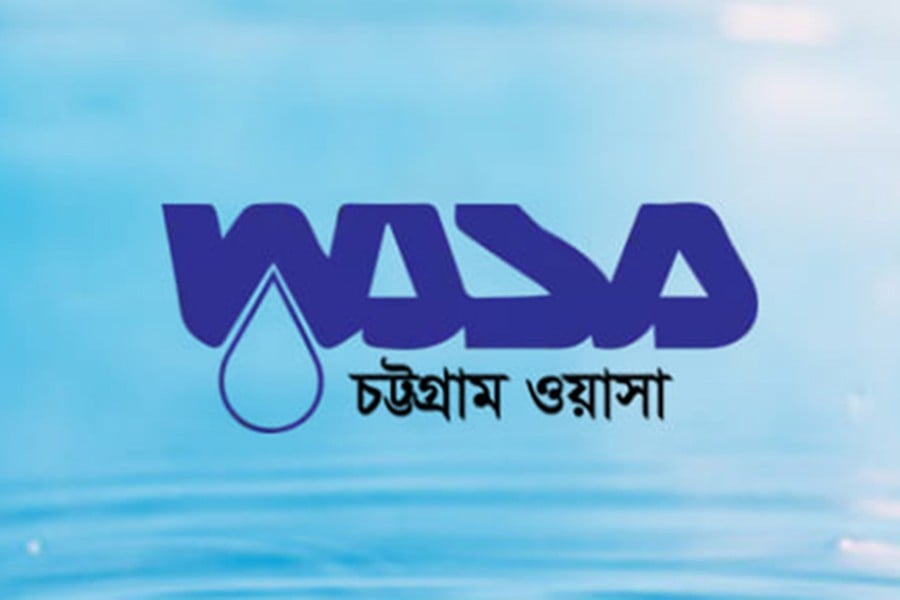News Flash
News Flash

CHATTOGRAM, Oct 22, 2025 (BSS) - The Chattogram Water Supply and Sewerage Authority (CWASA) has completed 70 percent of the city's long-awaited sewerage system project, with authorities intensifying efforts to speed up the remaining work.
The project aims to tackle the port city's long-standing sewage disposal problems.
Project Director Engineer Mohammad Ariful Islam said the construction progress was delayed due to the prolonged monsoon season, but efforts are now being stepped up to finish the main structure by June, 2027.
"Reaching 30 percent of the remaining work will be a significant milestone for the city's modernization and public health," he added.
Once completed, all household septic waste will flow directly to treatment plants, eliminating the need for septic tanks and stopping untreated sewage from entering the Karnaphuli River.
Chattogram, home to around eight million residents, currently lacks a planned sewerage system. Waste is stored in residential septic tanks, and approximately 288 million liters of wastewater are discharged into the Karnaphuli River daily.
According to CWASA, the daily volume of wastewater is expected to reach 515 million liters by 2030, while fecal sludge generation could rise from 539 cubic meters to 715 cubic meters per day.
"Untreated wastewater from households is contaminating rivers and posing serious environmental and public health risks," CWASA sources said, warning of potential clean water shortages in the future.
Unlike Dhaka, which launched its sewerage system in 1923, Chattogram has not had a proper sewage system.
Established in 1963, CWASA has now initiated a project to divide the city into six zones with six sewage and two fecal sludge treatment plants. The first phase began in 2022 in Catchment-1, aiming to bring two million residents under the system.
The project will benefit areas including Kotwali, Batali Hill, Lalkhan Bazar, Agrabad, Pathantuli, Chaumuhani, Eidgah, and Halishahar.
Sewerage lines are being connected to 28,000 households across 21 city wards, with over 200 kilometers of pipelines laid 5 to 15 meters underground. Construction of manholes and ancillary infrastructure is also underway.
Two advanced treatment plants are being built on 163 acres in Chauchala, Halishahar. One will treat 90 million liters of wastewater daily and discharge it safely into the sea, while the other will process 300 tons of fecal sludge per day.
So far, 135 kilometers of pipelines have been installed. A modern sewage treatment plant in Anandabazar, Halishahar, has completed 85 percent of its infrastructure work and 40 percent of equipment installation.
Engineer Ariful Islam noted that work was temporarily halted during the monsoon due to City Corporation objections and the challenges of narrow, crowded roads.
He said the project aims to eliminate septic tanks across the city, directing all household waste through pipelines to treatment plants, with purified water released into the Bay of Bengal and solid waste managed environmentally.